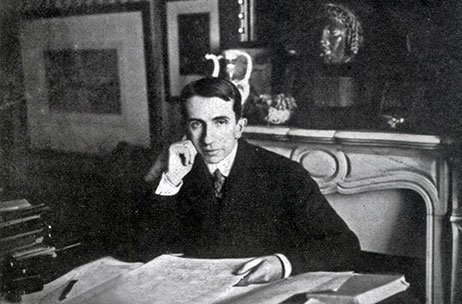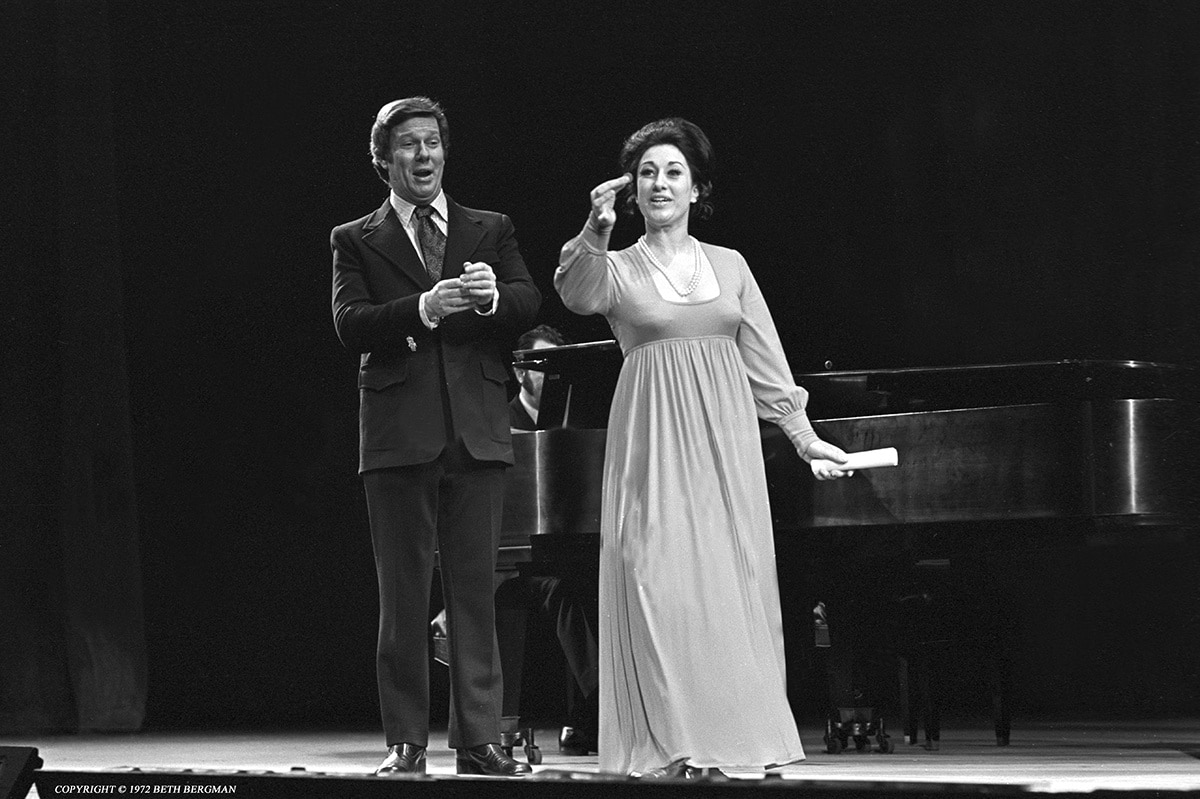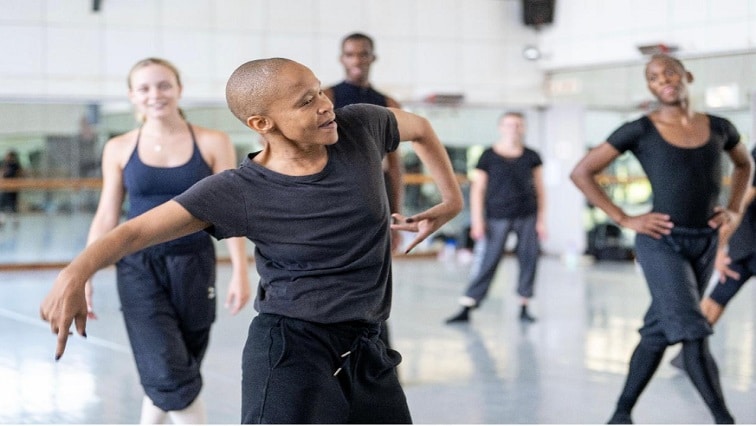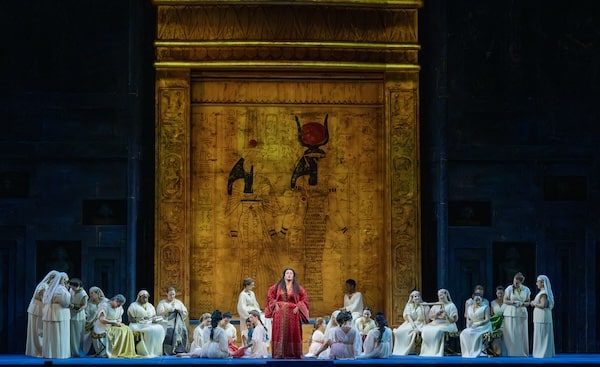Glenn Gould digs up a Mahler fan
mainThe Italian composer Alfredo Casella was so smitten by Mahler that he wrote a second symphony in C minor and got the senior composer to agree to let him make a four-hand piano transcription of the 7th symphony.
After his death in 1947 Casella was almost completely forgotten – except by Glenn Gould.






What a great Musical Thinker he was!!
NAXOS hasn‘t forgotten Casella — a dozen CDs with his works.
Casella is one of the greats who deserves to be rediscovered and regularly played. There are a number of excellent Italian composers in the 20th, but my favourite is Ennio Porrino who wrote an opera about the ancient people of Sardinia called I Shardana (you can hear a 10 minute abridged version on YouTube).
“Casella’s work on behalf of his Italian Baroque musical ancestors put him at the centre of the early 20th-century Neoclassical revival in music and influenced his own compositions profoundly.”
https://en.wikipedia.org/wiki/Alfredo_Casella
But the almost complete disappearance of Casella after WW II is mainly due to his association with fascism:
“…… during Mussolini’s dictatorship Casella acted and was generally regarded as “the regime’s unofficial composer,” a status that, at the end of World War II, could not go unnoticed and that prompted what the well-known pianist Aldo Ciccolini denounced as a campaign of “obliteration” against Casella. Leading this campaign were influential members of the post-World War II Italian avant-garde such as Luigi Nono, Giacomo Manzoni, and Armando Gentilucci, as well as Marxist musicologists such as Luigi Pestalozza and Piero Santi. Holding the view that modernism and the avant-garde are inherently anti-totalitarian, that is, against antidemocratic ideologies that aim to influence and control “all areas of public and even private life,” and consequently also antifascist, these intellectuals refused to grant Casella the avant-garde status on the grounds that “he was a racist Fascist.” According to Luigi Nono, “as a composer he is of no value … because one must exclude any possibility that he has ‘moral,’ ‘ethical’ [qualities].”
https://www.ocf.berkeley.edu/~repercus/wp-content/uploads/2011/07/repercussions-Vol.-10-No.-1-Parrino-Francesco-Alfredo-Casella-and-The-Montjoie-Affiar.pdf
The condemnation of Casella by postwar avantgarde composers is particularly ironic thinking of the totalitarian mindset of the movement, claiming prominence in music life where it was not given, and condemning any composer who did not follow the ‘party line’ of quasi-scientific ‘progress’ into serialism and sonic art.
In a worldwide chamber music contest conducted by the Musical Fund Society of Philadelphia in 1925, Casella split a first prize of $10,000 with Béla Bartók (who was recognized for his Third String Quartet, which he dedicated to the society). Bartók’s quartet received its first performance at Philadelphia’s Bellevue Stratford Hotel.
Casella’s prize-winning “Serenata” is quite a different work from his Second Symphony:
https://www.youtube.com/watch?v=6HBIBkSflO4&list=PLQpuC73pk7NEjHHAE5PtjZnqXigRn1w3p
Beautiful. And beautifully filmed.
There’s a wonderful recording of the Casella Sonatina by Walter Gieseking.
Alfredo Casella was conductor of the Boston Pops from 1927 to 1929. His lack of knowledge and enthusiasm for the Pops repertoire made it an awkward fit. Management did not renew Casella’s 3 year contract in 1930, and instead opted to give the responsibility of the Pops to a member of the orchestra, then 35 years old. His name was Arthur Fiedler.
Another forgotten fact about Casella Is that he was the Music Director of the Boston Pops from 1927 to 1929.
Casella has been championed in Washington by Gianandrea Noseda. He brought some of Casella’s orchestrations or original compositions to the National Symphony Orchestra even as a guest conductor before he was named music director. Toward the end of the 2018-2019 season Noseda conducted the Mahlerian second symphony, and Anne Midgette, who was still with the Washington Post, made some of these connections in her review if anyone wants to look it up on the Post website. I believe that the NSO was due to perform Casella’s third symphony sometime during the current season before everything went haywire.
My late wife and I were at last season’s final concert and heard Casella’s 2nd. We thought it bombastic and a bit too long. I do remember Casella’s Harp Sonata and thought it was good writing and good for its repertoire.
Casella is pretty well known now, especially through the series (probably 6 CDs now) on the Chandos label.
This is welcome news from unexpected sources. I will investigate the Ricercare, recalling the one in Bach’s Musical Offering recorded by Tatiana Nikolayeva, and in his edition by Edwin Fischer’s chamber orchestra.
My late friend Bianca Rodinis-Pollak of Trieste. a fine academic pianist and early teacher of Dino Ciani, was a pupil of Casella, whom she revered as ,pianist, founder of a piano trio, and composer She and another friend, pianist Ricardo Hernandez studied at Los Angeles with Leonard Stein, an associate of Schoenberg and later head of the Schoenberg Institute.
She never got over Dino Ciani’s untimely accidental death, and was an ardent admired Michelangeli, the Trio di Trieste, and Commandante Gabriele d’Anunzio, poet-playright and de facto head of the independent city-state of Trieste-Fiume for several years. And also Cortot. Ciani’s later teacher.
He’s coming back into fashion and overcoming being tainted ( exaggeratedly?) with political affiliations.
Scarlattiana was a very popular piece at one time, played by big-hitters like Weissenberg.
The slow movement of the piano trio is like Faure on steroids.
Eugene Ormandy recorded Casella’s “Paganiniana” with the Philadelphia Orch. Not a deathless masterwork perhaps, or even one of Casella’s best, but quite a virtuoso romp for a great orchestra. Odd to think that a devotee of Mahler (and a pupil of Fauré) would have been Arthur Fiedler’s predecessor as conductor of the Boston Pops.
Casella was certainly heavily influenced by his contemporaries, but produced some quite striking works, especially with voices. The Notte di Maggio and the 4 Favole are just two examples.
The Notte is beautiful indeed, a very striking work.
Alongside his famous Bach, Gould was a champion of modern music. Love him.
Casella isn’t quite as forgotten anymore. In particular, Gianandrea Noseda has made considerable efforts on his behalf with a few recordings on Chandos and possibly other labels. It’s worth remembering that Ormandy also conducted at least one or two of his works – “Paganiniana” and (I think) the tone poem “Italia”. His music can be pretty wide-ranging from the popular (the two works I mentioned recorded by Ormandy) to the abstract and fairly modern (“A notte alta”), but a lot of it is in Casella’s particular brand of neo-classicism. Generally well worth exploring for those who enjoy Bartok and Stravinsky.
Gianandrea Noseda, music director of the National Symphony Orchestra (Washington DC) since 2016, has introduced or reintroduced Casella’s orchestral music in that orchestra’s programs, and has recorded four volumes of Casella with the BBC Philharmonic for Chandos.
Casella’s 2nd Symphony was dedicated to Enescu. In my opinion one of the most underrated symphonies that I have ever come across…
If that’s Gould playing Casella’s Ricercare on B-A-C-H, he either forgot to sing or it was too hard.